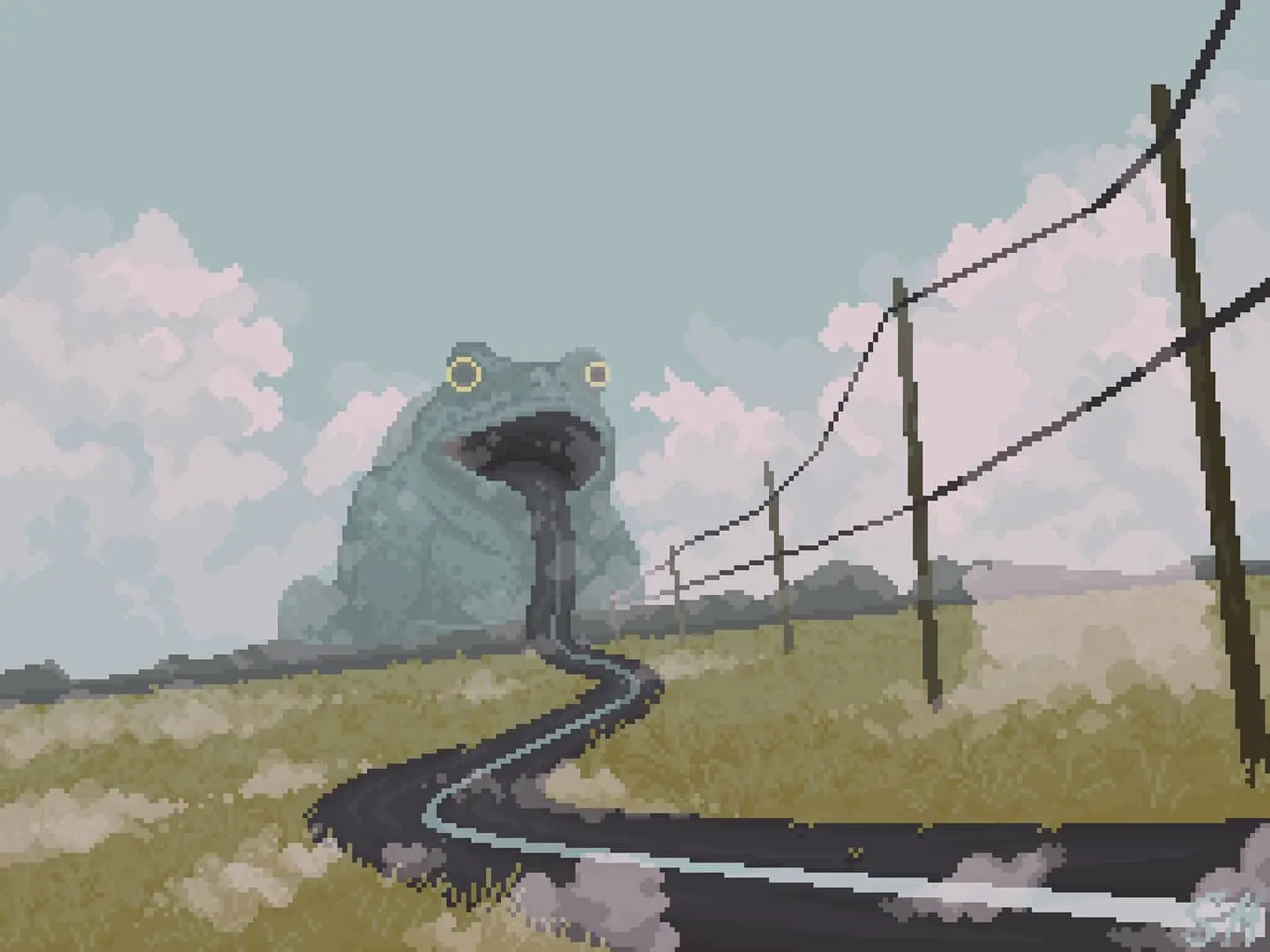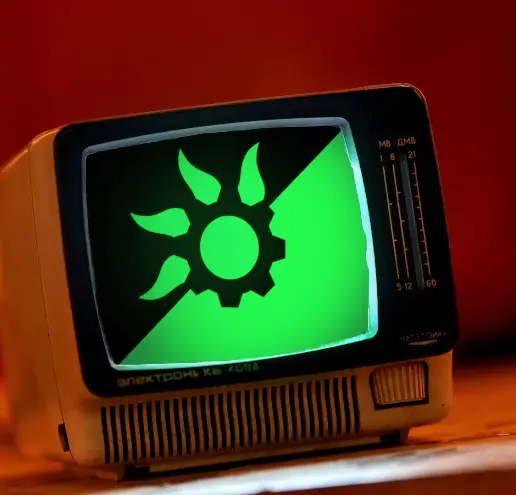ProdigalFrog
A frog who wants the objective truth about anything and everything.
Admin of SLRPNK.net
XMPP: [email protected]
Matrix: @prodigalfrog:matrix.org
- 659 Posts
- 658 Comments
Joined 11 months ago
Cake day: July 4th, 2023
You are not logged in. If you use a Fediverse account that is able to follow users, you can follow this user.









